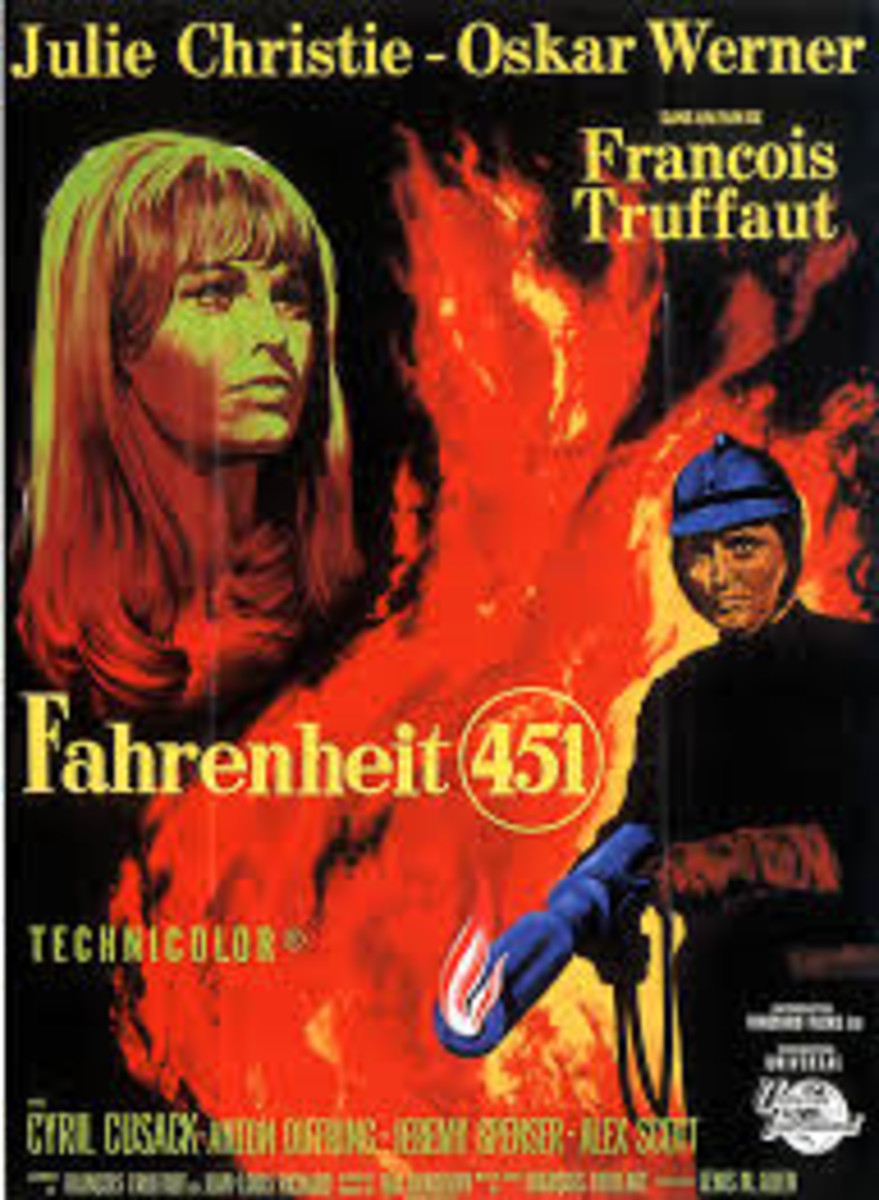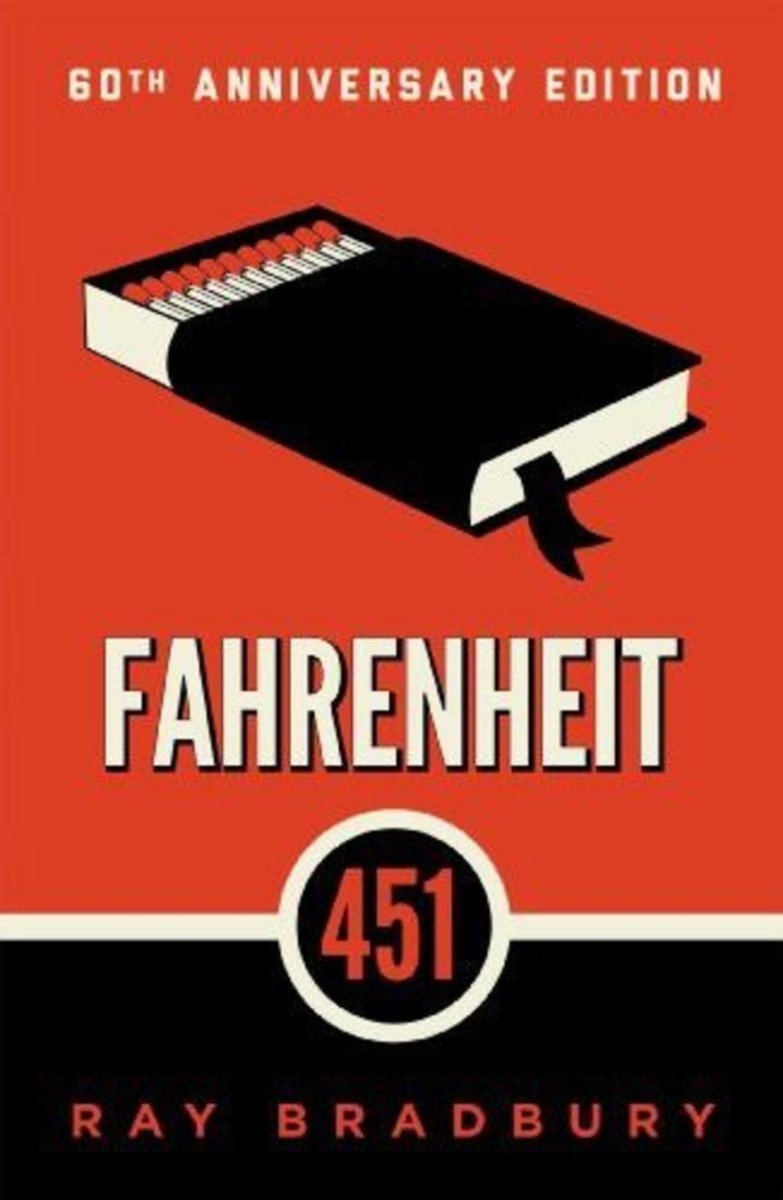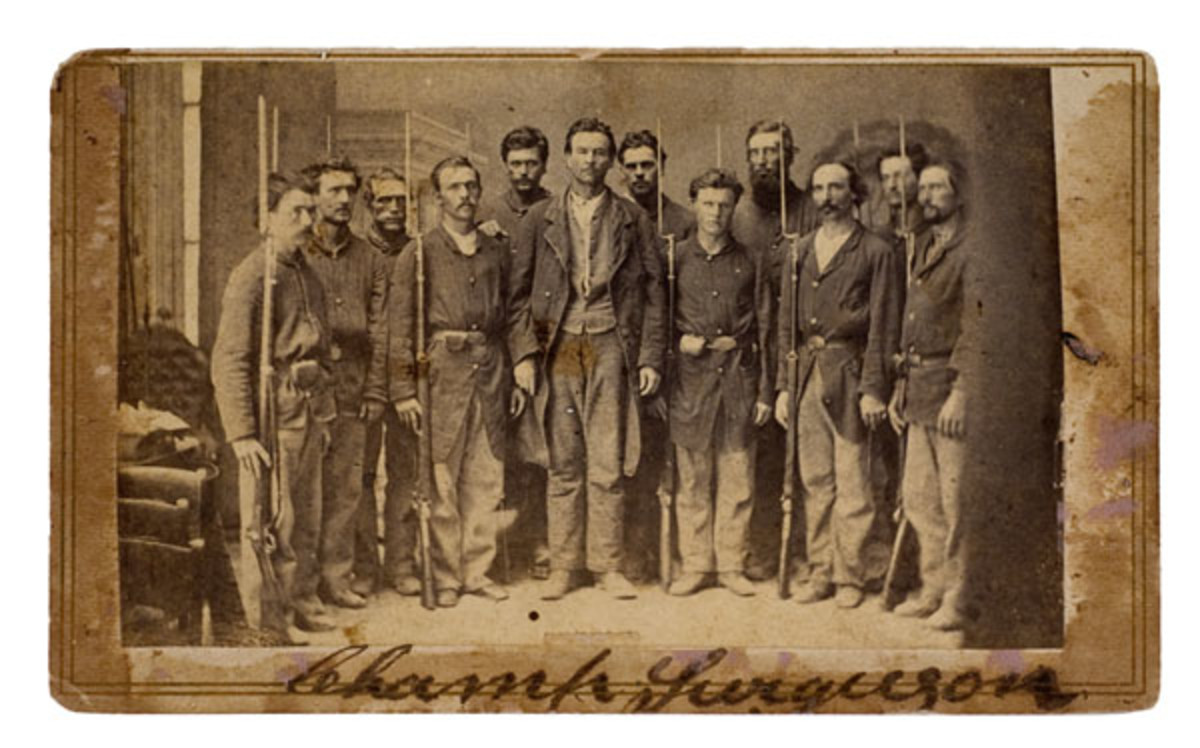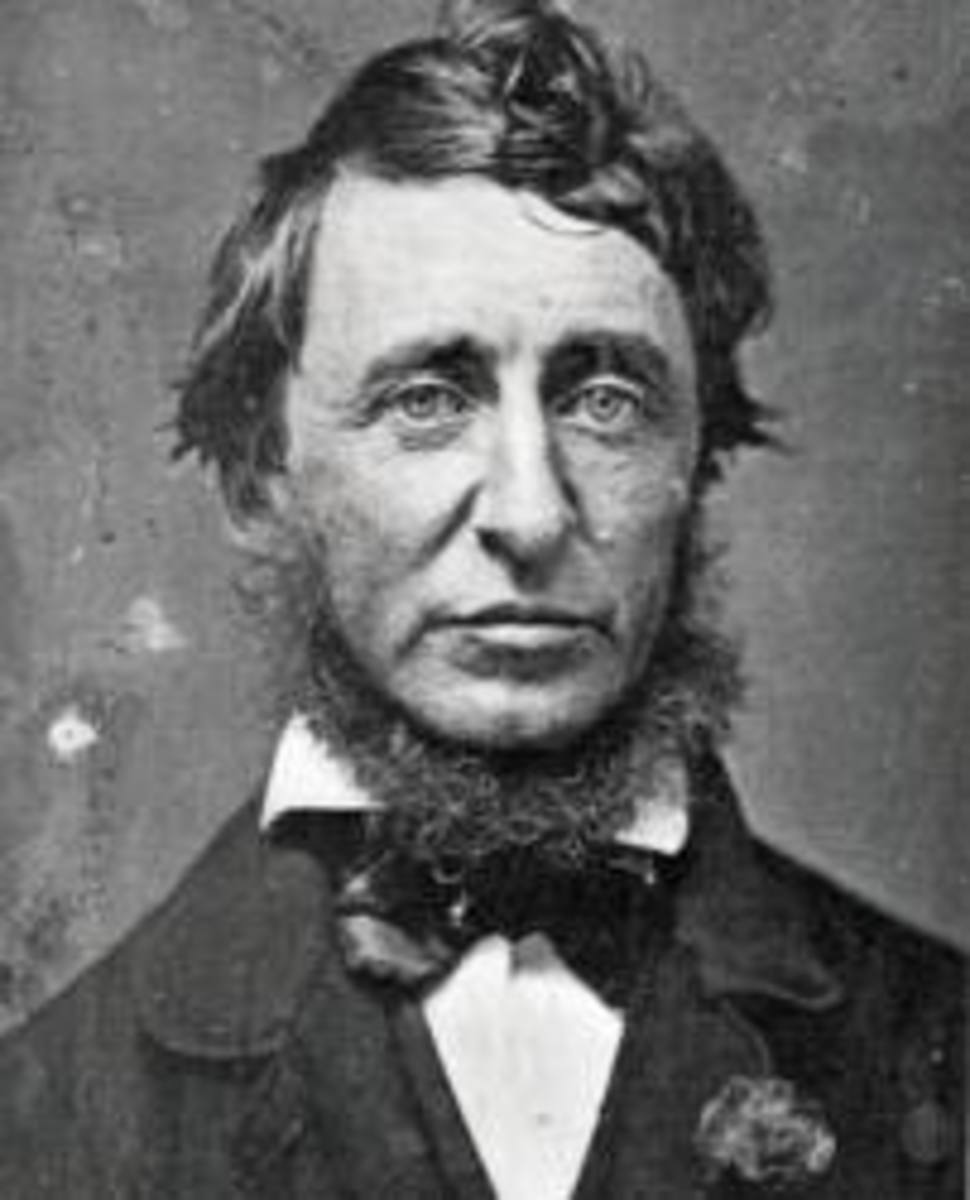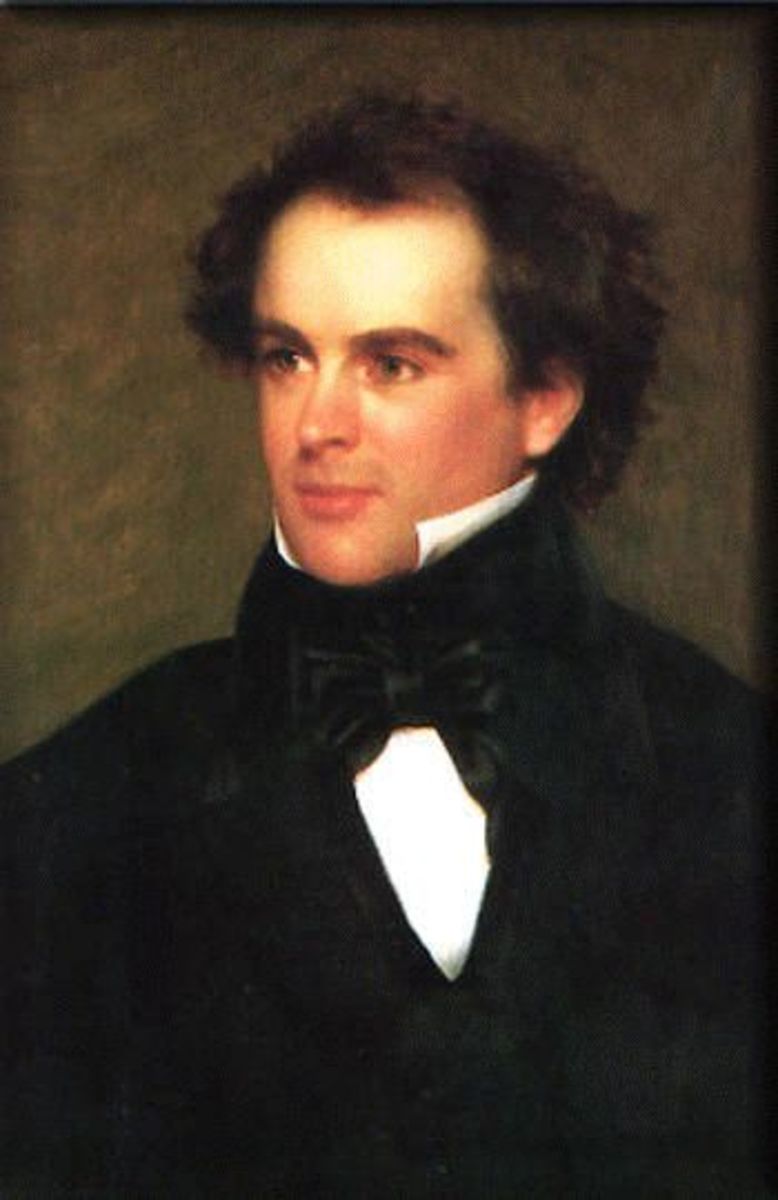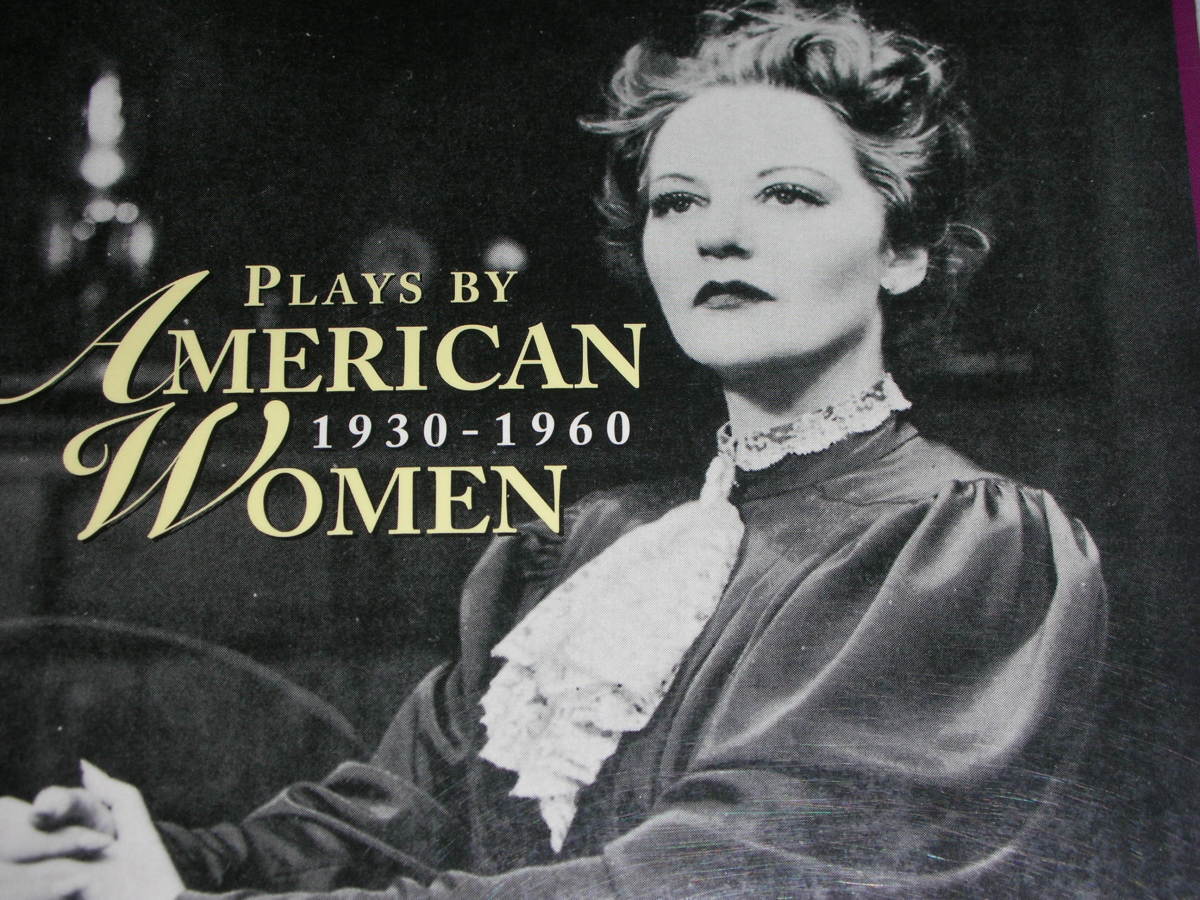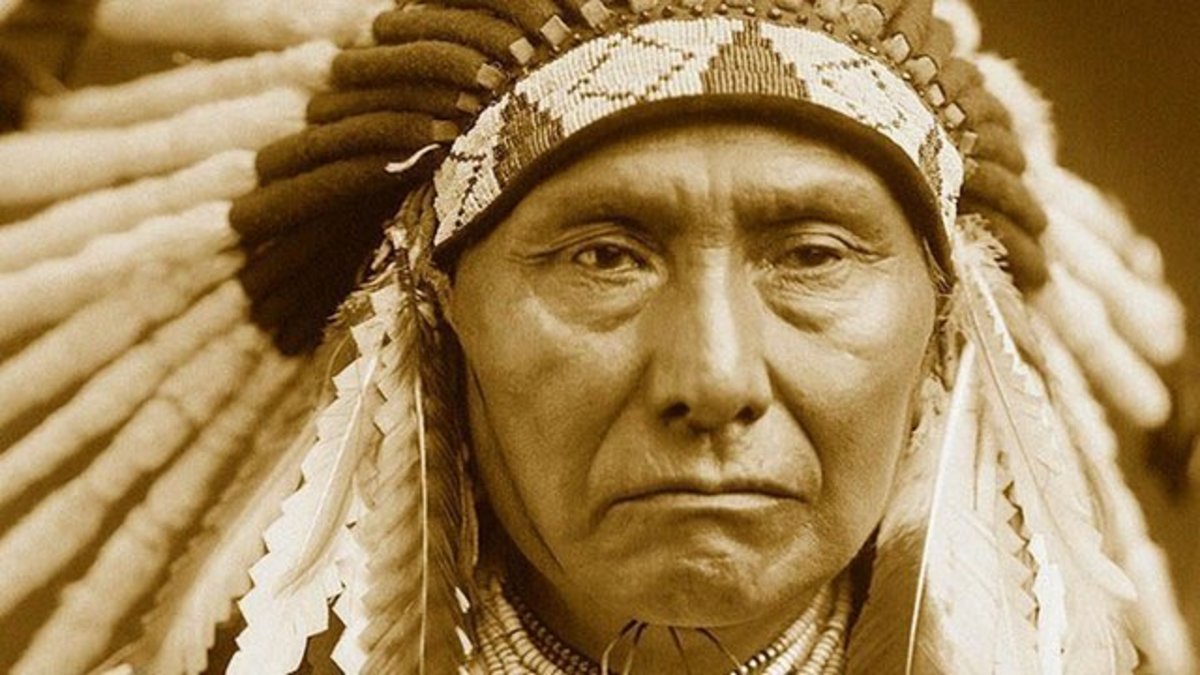The Characters of Ray Bradbury's Fahrenheit 451
When Ray Bradbury wrote his classic Fahrenheit 451 in 1953 , he foretold a world in which reading books was illegal, society lived in front of television walls or with music playing in their ears, and live was lived incredibly fast.
His protagonist, Guy Montag, is a fireman. Not the kind of fireman you would think of it-- his job is to go where books have been found and burn them up. But things are changing in his mind, and it's going to change him forever. Because even though he doesn't understand what is wrong with his world, he very much realizes that there is something terribly amiss. And he can't rest until he finds out what and makes it right.
As he goes down this new path, he meets up with several characters who shape him and propel him along his course, for good or bad. Here are analysis of several of the key players and how they affect the story.

Clarisse McClellan
The character who propels Montag to the realization of the problems with his world, Clarisse's role is short but vital. Perhaps she, more than any other is the moral center of the book. When we see her for the first time she is spectacularly odd, walking down the sidewalk in a way so that the wind carries her along. She declares herself to be “seventeen and crazy,” which her mother says always goes together, but the more we see of Clarisse the less we see as crazy and more as simply an anomaly in the bleak landscape she lives in.
There are only three conversations between Montag and Clarisse in the book and they all take place in the first chapter. But each one finds her doing something that is extraordinary, whether it's marvelling over the wonder of the season's last dandelion or trying to catch raindrops in her mouth. Once she asks Montag if he's happy. It destroys his serenity and forces him into the realization that he isn't, and that there actually could be such a thing. The thought is reinforced by her other questions, innocently asked about why he has no children if he likes them so much, or why he's a fireman if his occupation doesn't suit him.
And then there's the dandelion rubbing trick that awakens him to the idea of love. With that last precious dandelion Clarisse rubs her chin, hoping that it will leave behind a powdery yellow residue to signify that she's in love. Indeed, it appears on her chin, but when she tries it on Montag it leaves nothing. The fanciful little trick bring him to the realization that he doesn't love his wife Mildred, doesn't even have a small resemblance of a relationship with her and can't even comprehend love, begins to haunt him. And then it inevitably begins to drive him mad, because in his world full of technologically advanced automatons, he simply sees his own emptiness more clearly and can't do anything to help those around him who are even worse off than he is.
But what solution does Clarisse have to answer his questions? She never gives it definitively, but it is there all along, dancing down the sidewalk with her. She and her family have chosen a different way from the rest of society, spending little to no time with the television walls that dominate most homes and withdrawing from the school and other entertainment systems. They prefer to spend their nights talking, discussing both the great matters and small, always thinking and searching. Books don't necessarily play a large role in their lives, but they are the people who have not caved to society's demands and bowed at the altar of entertainment. They still use their minds and their senses, seeing more of the world on a walk down the street than others do on their hundred-mile an hour drives.
All of this is commendable, so much better their society's norm. But why do they do what they do? What keeps them from caving to the pressures to conform? The love of the wonders of the world around them, their own innate humanity, their minds which have stayed as honed and in shape through use as a body does with exercise. And unfortunately, in the end it all comes down to a matter of taste. The McClellan family does not choose their lifestyle because of any overwhelming moral creed or code-- they do it because it's simply the better way to them, a truer and more meaningful life. They can appeal to the natural desires of the human heart, such as beauty and love, but they can not give any concrete reason why one must live that way. Their morality, which is ultimately a form of humanism, has no basis outside the walls of their own heads and hearts, and in the end their kind would succumb too, because while humanity loves beauty, it has other loves that had taken over so many others, just as powerful.
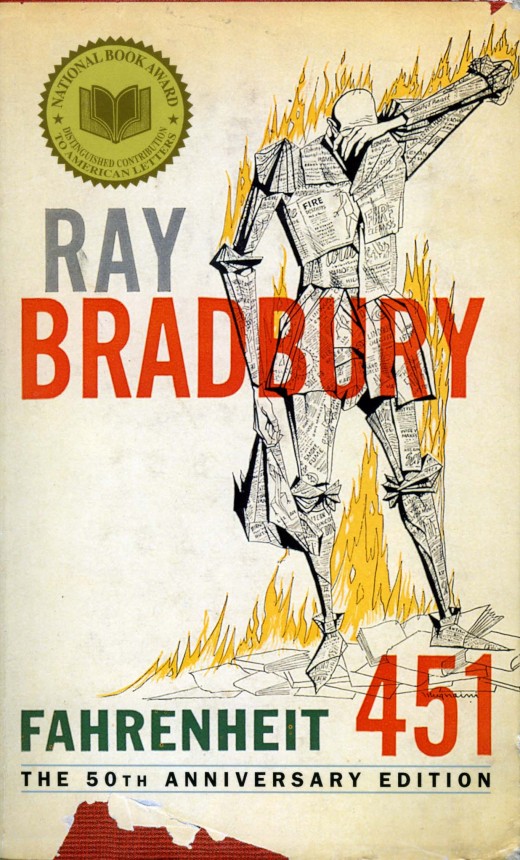
Captain Beatty
As Montag's superior at the firehouse, and eventually his discoverer and tormentor, Beatty makes a fascinating study. As the book moves along we learn that Beatty is a well-read man, with a great deal of intelligence and education. But he has deliberately turned his back on all of that, deliberately choosing destruction as proven by an insightful conversation he has with Montag. In it he points out how habits of thinking and being were systematically destroyed on the grand scale:
“Give the people contests they win by remembering the words to more popular songs or the names of state capitals or how much corn Iowa grew last year. Cram them full of noncombustible data...Then they'll feel they're thinking, they'll get a sense of motion without moving. And they'll be happy because facts of that sort don't change. Don't give them any slippery stuff like philosophy or sociology to tie things up with.”
But he also points out how the battle for thought was lost in the small, seemingly insignificant ways:
“The zipper displaces the button and a man lacks just that much time to think while dressing at dawn, a philosophical hour.”
In his hardened cynicism we see the shell of a man of thought, a man well read and who really seems to hate himself. And in spite of the fact that he looks like a tower of strength to have willfully turned on what he seems to know so well, he actually becomes a figure to pity. Anyone who meets his end with no value to anyone and most especially himself lives the saddest of existences.
But perhaps Beatty's outlook is simply a more honest version of Clarisse's. It's certainly more efficient- rather than allow each man to be a law unto himself, remove anything that might cause them to have differing opinions. Those in power have the ability to create any law they choose based on the “tyranny of the majority,” and they enforce it by the tyranny of the powerful. In the end, however, the basis for their thoughts is the same-- they believe that they can create their own rules to live by, with one's simply being not quite as far removed from actual source of morality, the Word of God.
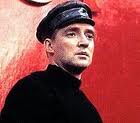
Guy Montag
The protagonist of the story, we first meet Montag as he has begun to question his life as it is. There are a few books hidden behind a heat register in his house, contraband that no one else knows about. Guy has never dared to read them, and never had a chance. But they are there and simply owning them has made him begin to as the question why, instead of how, the same questions that Clarisse asked to make herself dangerous to society.
Montag's thoughts aren't quite as well progressed as Clarisse's because he has had no time to begin answering the questions. When he does so, mostly at her initiation, the responses are at first hesitant and disbelieving and then he becomes more and more confident. His behaviour is rather extreme, by turns foolish and cowardly, but mostly bold and daring.
It begins with slow realizations in his mind, mostly the ones mentioned in the portion on Clarisse, and those are followed by attempts to remedy them. When he realizes that he doesn't know what it means to love his wife he begins to try, asking her questions, trying to draw her out of the darkness she lives in. And when he becomes brave enough to bring the books out, he tries to share them with her though she is incapable of even wanting to understand them.
The more he learns, the more he can't contain his horror and outrage at the way things are. He can't stay silent about the frivolous, transient way of most people but his forcefulness leads him to make mistakes along the way. The one that turns the story to it's inevitable end comes when Mildred invites her “friends” over for an evening to watch the walls together. Montag, enraged by the idiocy of it all turns off the television walls and begins to try to talk to the women, selfish creatures who's lives are constant change and flippancy. Impulsively, he reads them a poem, leaving them all crying for a reason they can't give and then with a shocking speech he tells them to go:
“Go home and think of your first husband divorced and your second husband killed
in a jet and your third husband blowing his brains out, go home and think of the
dozen abortions you've had, go home and think of that and your... children who
hate your guts! Go home and think how it all happened and what you did you ever
do to stop it?"
After a scene like that, what can Montag expect? Both of the visiting women and Mildred put in a call to the fire station, and that night the crew goes and lights fire to the books that have been hidden in his house. It becomes a climatic scene (I won't give it away) that makes Montag a hunted man and drives him to find others who have answers for him.
The development we see in him is fascinating. Most authors couldn't do what Bradbury does with him, creating a new person in such a short book. But that's exactly what happens; an evolution from automaton to man. The world stays stagnant about him. Beatty, Mildred, the other fire fighters, are always the same. Clarisse makes but a momentary appearance, and she isn't changing as much as she changes.
It's interesting to note that the books Montag ends up learning by heart are the books of Ecclesiastes and Revelation. One speaks of the futility of life without God, and the other of the consequences of forgetting Him. But the alternate society that Bradbury offers give us no hope of something better because it doesn't have God at the center.

